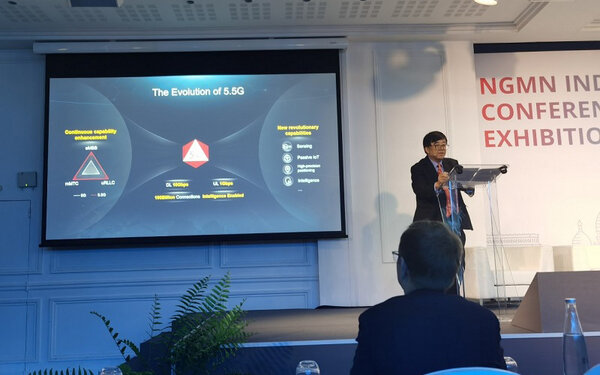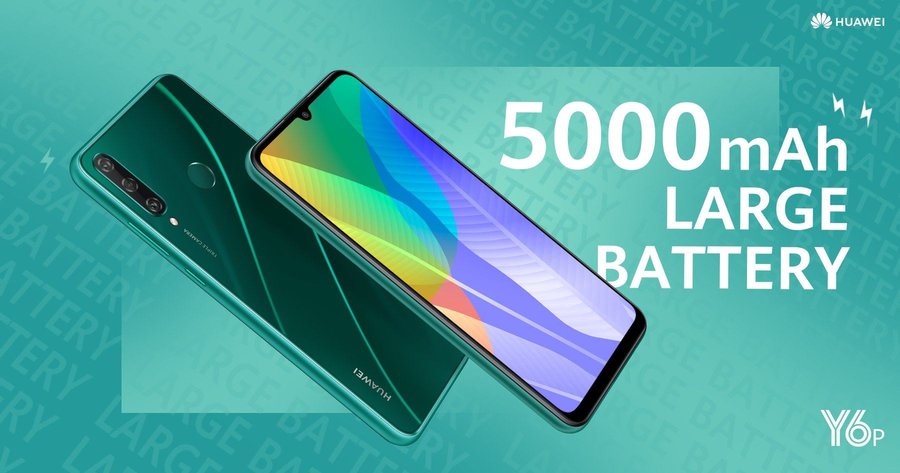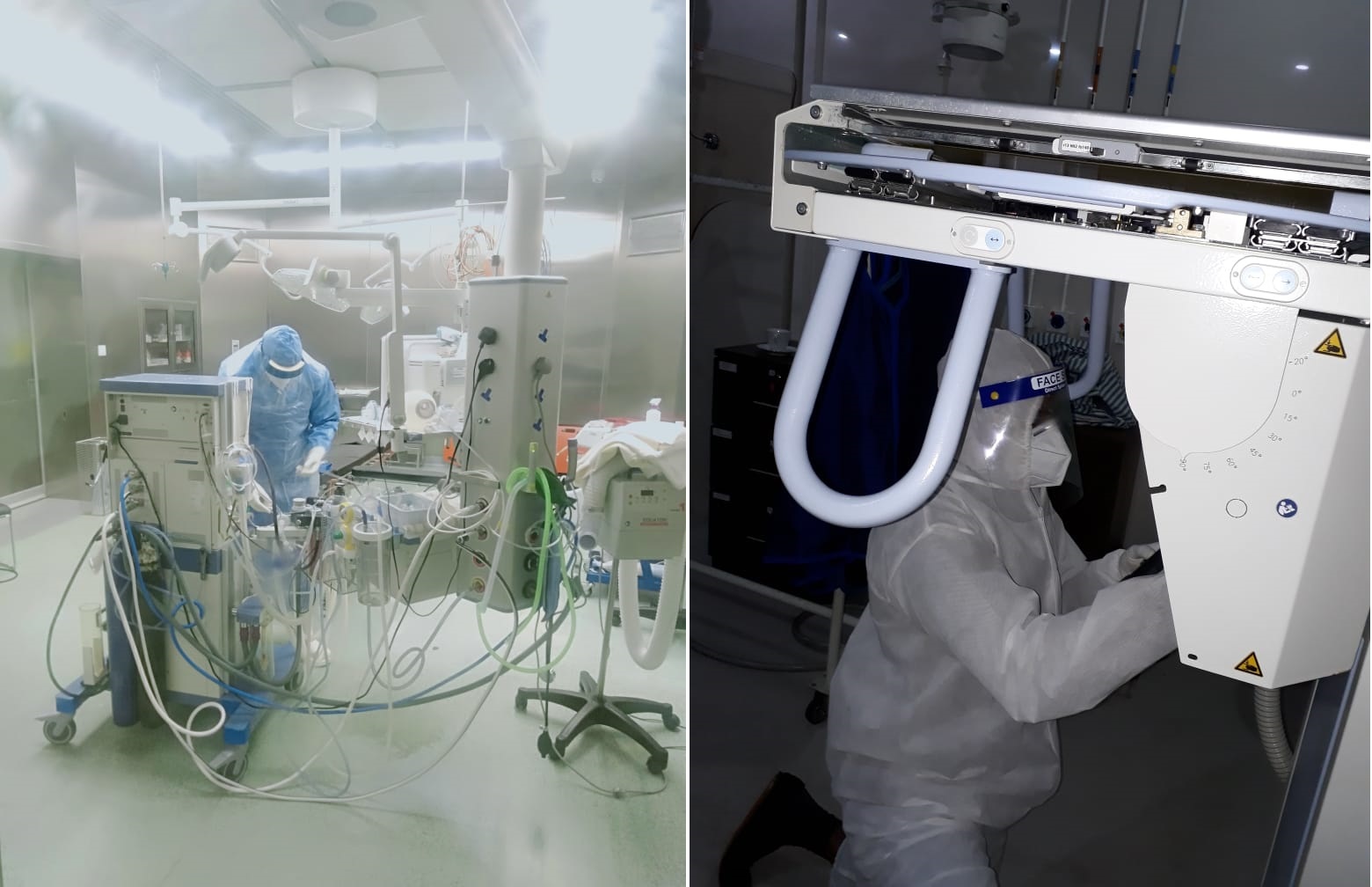At the Industry Conference & Exhibition (IC&E) 2022 hosted by the Next Generation Mobile Networks (NGMN) Alliance, Dr. Wen Tong, Huawei Fellow and CTO of Huawei Wireless, delivered a keynote speech titled “Bridging 5G to 6G”. In his speech, Dr. Tong explained the driving forces and plans that can help 5G evolve into 6G, noting that 5.5G is a necessary step to accelerating this development.
New Services Drive 5G to 5.5G to Provide New Capabilities.
5G is developing worldwide, with up to 40 base stations available on average for every 10 thousand users. In China, 5G is serving more than 30 vertical industries, directly creating an economic output worth US$1.3 trillion in 2021. Emerging 2C and 2B applications require further advancements in 5G capabilities, and this is driving the evolution to 5.5G, which will be defined by the improvements on enhanced Mobile Broadband (eMBB), ultra-reliable low-latency communication (URLLC), and Massive Machine-Type Communications (mMTC), and also new capabilities for sensing, passive IoT, positioning, and intelligence. With them, 5.5G will be able to support 10 Gbps downlink, 1 Gbps uplink, 100 billion-level connections, and native intelligence, embarking on a new journey of 5G.
Ultra-high Bandwidth Is Essential to Downlink 10 Gbps.
Ultra-high bandwidth is only possible with sufficient spectrum, and this highlights the urgent need to fully use sub-100 GHz resources. By adding 200 to 400 MHz bandwidth of the 6 GHz band and 800 MHz bandwidth of mmWave to the existing 100 MHz FDD and 100 MHz TDD spectrum pools, the industry will be able to bring 10 Gbps to all users anytime, anywhere.
Uplink-Downlink Decoupling for Multi-Band Convergence Is the Basis of Uplink 1 Gbps.
Industry digitalization requires uplink to be far more powerful than downlink. With uplink-downlink decoupling, uplink and downlink spectrum on different bands can be flexibly combined to support 2B, including existing FDD spectrum and newly defined uplink-only spectrum. Through uplink/downlink decoupling, spectrum convergence will be possible to ensure 1 Gbps uplink.
To date, uplink-downlink decoupling has been commercialized in mining, steel, and many other industries to ensure 1 Gbps uplink for simultaneous 100-channel transmission of HD videos, 360° remote control, and other 2B applications.
“5.5G will bridge 5G to 6G. 5.5G and 6G will be fundamental to linking the physical world to digital and intelligent worlds,” Dr. Tong concluded. “The success of the mobile industry depends on unified standardization and industry collaboration. Let’s jointly advance to 5.5G and boost collaboration to accelerate technology maturity for a sustainable future.”
Photo caption: Dr. Wen Tong, Huawei Fellow, delivering a keynote speech at the IC&E 2022



